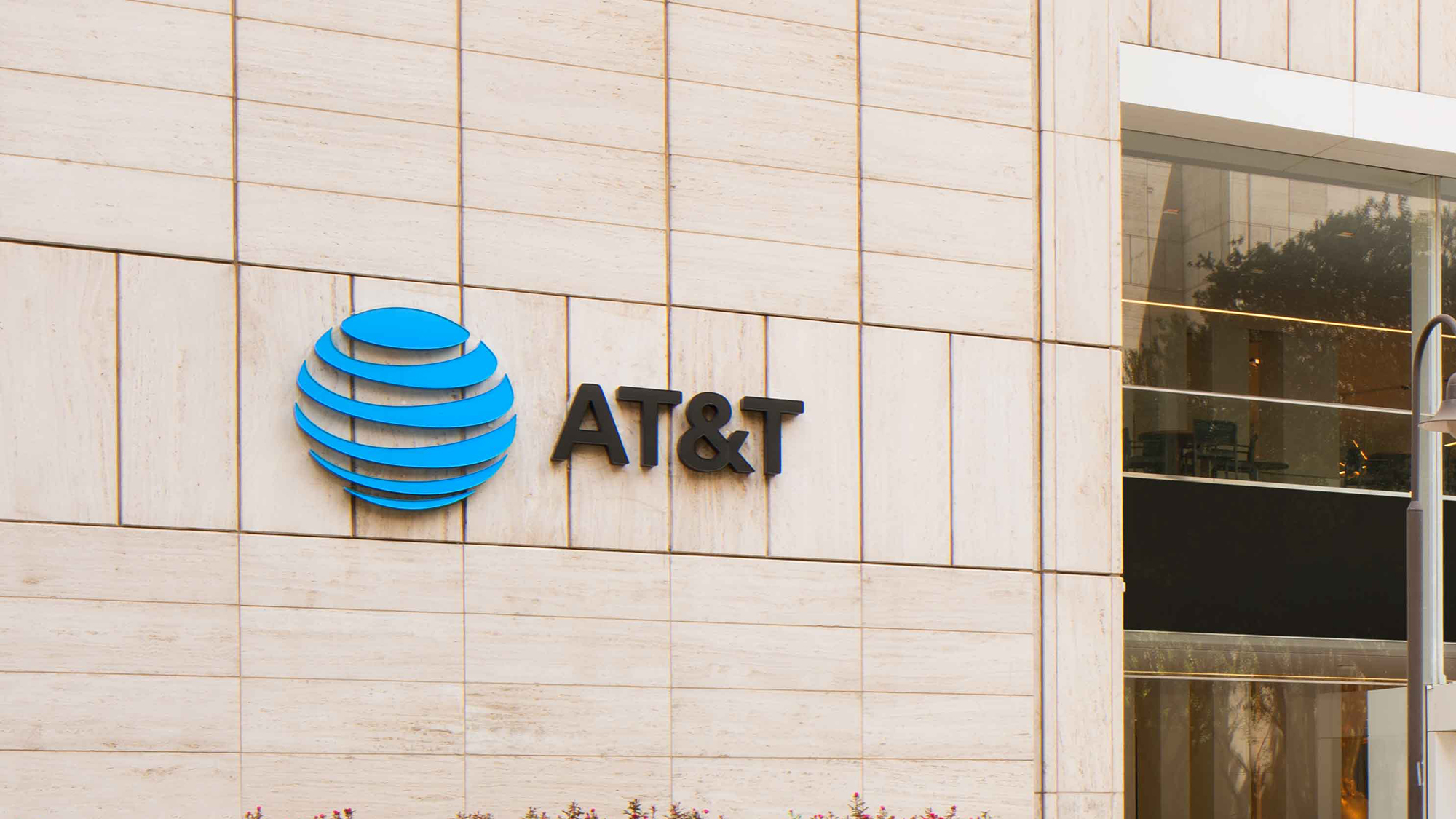AT&T Can’t Sell Away Its Problems, Analyst Says
Craig Moffett slaps $20 price target on phone company, says WarnerMedia spin will undo some damage, but not all, from DirecTV sell off

The smarter way to stay on top of the multichannel video marketplace. Sign up below.
You are now subscribed
Your newsletter sign-up was successful
About seven years after embarking on a bold new strategy to transform itself into a media company, AT&T is months away from becoming a phone company again. But merely selling off its media assets -- and getting very little in return -- won’t solve all of the telco’s problems, says MoffettNathanson senior analyst Craig Moffett.
AT&T spun off DirecTV to TPG last year, in a deal that valued the satellite TV giant it bought for $65 billion in 2015 at about $16.5 billion, and is nearing the finish line in its spin off of WarnerMedia to Discovery Inc., a deal that will net AT&T $48 billion in cash and give its shareholders a 71% stake in the new entity. In a research report Thursday, Moffett wrote that although it's about time AT&T acknowledged its media experiment was a horrible mistake, merely selling off those assets won’t get it out of the hole the company has dug for itself.
Taking a look at AT&T’s share performance over the past five years is a big indication of how dalliances with media have mostly had one effect -- seriously eroding value.
Investors weren’t really pleased when AT&T said it would buy DirecTV back in 2015, driving the stock down about 6% from $36.38 per share when the deal was announced on May 18, 2014 to $34.29 each when it closed on July 24, 2015. But despite paying a hefty price for DirecTV just as the satellite TV provider was beginning its downward spiral (it would lose about 7 million subscribers over the next seven years). AT&T managed only to slightly underperform the S&P 500, lagging that index by about 3.6%, according to Moffett. But when AT&T doubled down on media and announced a $100 billion deal to buy Time Warner on October 22, 2016, the real slide began. For the next four and a half years, according to Moffett, AT&T stock trailed the S&P 500 by more than 100 percentage points.
So, it would seem logical that if investors hated AT&T as a media company, they’d love it when it finally unwound that whole mess, right? Not a chance. Since announcing the TPG deal in February 2021 and the WarnerMedia Discovery deal in May 2021, AT&T stock has underperformed the rest of the market by 29%, per Moffett. Over the full seven-year period, AT&T lagged the S&P 500 by 176 percentage points, making it one of the worst performing stocks in the index over that time frame.
Also: AT&T Investors Bail as Discovery Close Nears
In his report, Moffett said there are two conclusions to take from that “soul-crushing trip down memory lane:” One, that the underlying telecom business was shaky to begin with; and two, that “the damage from the two acquisitions can’t be undone simply by selling them off.”
The smarter way to stay on top of the multichannel video marketplace. Sign up below.
At the heart of AT&T’s problems are its debt, currently at about $153 billion as of December 31. According to Moffett, the DirecTV deal was less a sale than a leveraged recapitalization, so it won’t have much effect on its debt load. The WarnerMedia merger, expected to close in the second quarter, will pump about $48 billion in cash into AT&T’s coffers at least partly to pay down debt. But even after that cash infusion, AT&T will have obligations of well over $100 billion.
Also: Eureka, AT&T is a Phone Company Again
While other companies have carried huge debt loads while managing growth businesses -- the cable industry for one -- Moffett’s biggest fear is that the wireless business, which will account for the majority of AT&T’s total business, isn’t growing as much as it used to.
AT&T added about 884,000 postpaid wireless customers in Q4, but the majority of those gains have been won through deep, deep discounting. And customers that sign on for a free handset or free months of service tend to go away when they see another promotion elsewhere.
Also: AT&T and TPG: There is No Why
According to Moffett, AT&T service revenue was up about 3.2% in Q4 while operating revenue rose about 4.2%. Back out WarnerMedia, video and Vrio (its Latin American operation sold to Groupo Werthein in November) and operating revenue grew 1% and service revenue was down 0.3% in the quarter.
Cash flow in the new core businesses also will be hit hard by the DirecTV and WarnerMedia sales. Moffett wrote that AT&T’s pro forma organic EBITDA growth in Q4 was 0.0%.
“Investors might be forgiven for their lack of celebration about stripping to this particular core of assets,” Moffett wrote. ■
Mike Farrell is senior content producer, finance for Multichannel News/B+C, covering finance, operations and M&A at cable operators and networks across the industry. He joined Multichannel News in September 1998 and has written about major deals and top players in the business ever since. He also writes the On The Money blog, offering deeper dives into a wide variety of topics including, retransmission consent, regional sports networks,and streaming video. In 2015 he won the Jesse H. Neal Award for Best Profile, an in-depth look at the Syfy Network’s Sharknado franchise and its impact on the industry.

